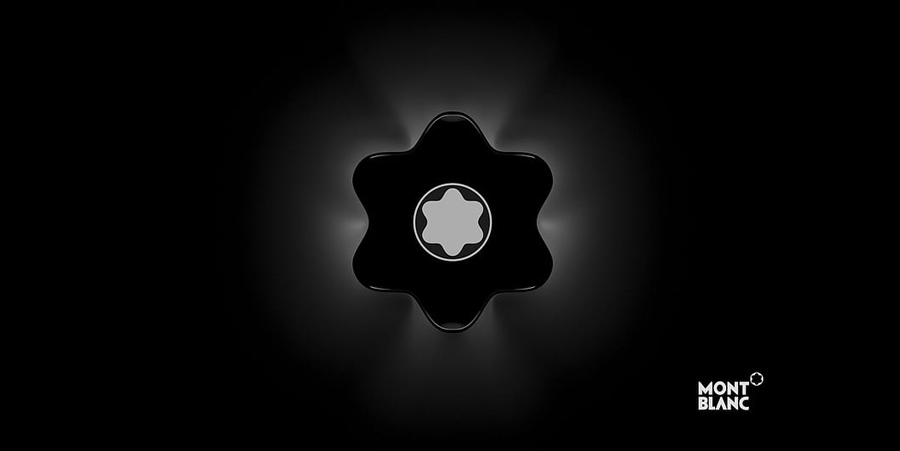Direct-to-consumer is coming to furniture. The Inside, a one-year-old startup, is going down the path of companies like Burrow, by selling furniture online. The twist: It’s also customized.
“In the furniture industry historically there has been what I called frictionless transaction companies — the Wayfairs, the Amazons, the Ikeas of the world. They ship things quickly, it’s an affordable price point but most of them have the furniture options but you get lost a little bit in the sea of sameness,” said AJ Nicholas, CMO of The Inside, on this week’s episode of Making Marketing. “On the other side of the spectrum, you have high design companies. It’s a pretty gated experience, where you only got here if you’re an interior designer. The assortment is beautifully curated, you can make everything personalized to you. But it’s a really long lead time. And it’s expensive So it’s not very accessible.”
The idea of The Inside is to bridge these two areas by combining fast shipping time and affordability and high-end design. Nicholas joined Shareen Pathak on this week’s episode of Making Marketing to discuss marketing a DTC brand and why new platforms are important. Edited highlights below.
Investing in brand
“Our mission has created a more emotional brand that we can build a content strategy off of that and drive a lot of organic acquisition, versus hiring a lot of growth marketers and investing a lot of money in paid ads on Facebook and Instagram. So that’s the customer journey today. When brand marketers have thought about a content strategy they’ve thought about their owned marketing channels and how they build a blog. I think that’s a fairly unrealistic strategy because an e-commerce company is having a hard time competing with all the wonderful media companies out there. We have a content calendar of when we launch categories. We use our founder as an editor to do contributed columns for media sites.”
Figuring out new platforms
“About 70% of our marketing is organic. The other 30% is through paid Facebook and Instagram ads. Facebook has gotten more expensive, the days are gone that that can be your entire acquisition strategy as a DTC startup. I think that’s a very scary proposition to rely solely on that. That’s a very small piece of our spend. We’re starting to test Google Shopping and we’re going to start testing Pinterest soon as well. Everything we’re doing on Pinterest right now is organic. In this category, it’s interesting because that’s where a lot of people start their search. Pinterest gets bucketed into a paid social platform, but the customer uses it very differently. They’re trying to get advertisers to see them differently. Part of this is also reframing how we think of Pinterest. It’s more similar to Google Search than paid social.”
The term DTC has become a misnomer
“DTC has become this umbrella term for startups. Direct-to-consumer means direct-to-consumer. Within DTC there are so many things – marketplaces, not single SKU. Most startups tend to start in DTC online because it’s easiest and doesn’t require much capital. When you start online first, it also makes it easier to create interesting showrooming experiences. Direct to me really means owning the customer. So I think that same meaning holds true whether you’re online or in a store format. DTC ends when you’re in a wholesale channel.”
–
This article first appeared in www.digiday.com
Seeking to build and grow your brand using the force of consumer insight, strategic foresight, creative disruption and technology prowess? Talk to us at +9714 3867728 or mail: info@groupisd.com or visit www.groupisd.com


